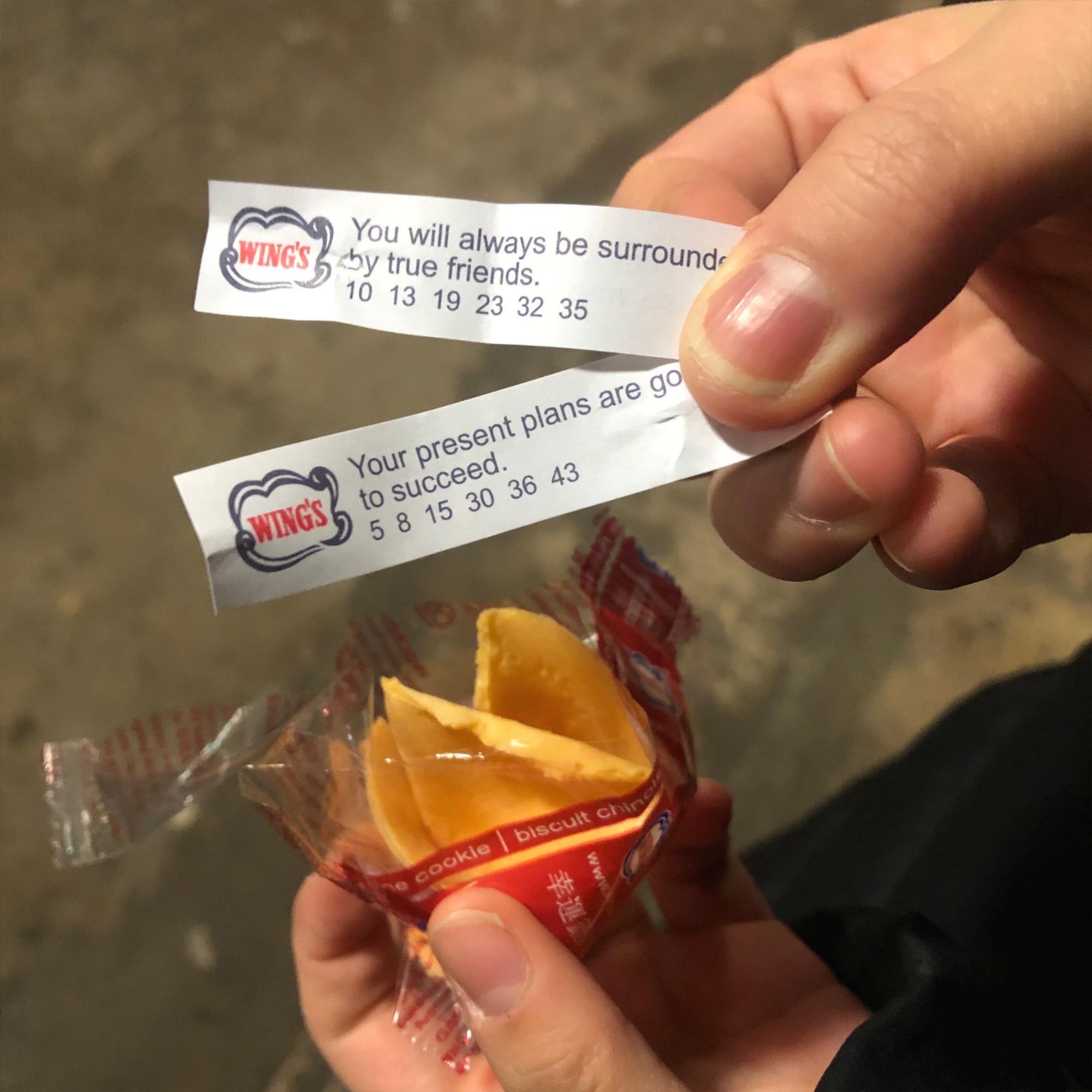2. 공통원소 구하기
설명
A, B 두 개의 집합이 주어지면 두 집합의 공통 원소를 추출하여 오름차순으로 출력하는 프로그램을 작성하세요.
입력
첫 번째 줄에 집합 A의 크기 N(1<=N<=30,000)이 주어집니다.
두 번째 줄에 N개의 원소가 주어집니다. 원소가 중복되어 주어지지 않습니다.
세 번째 줄에 집합 B의 크기 M(1<=M<=30,000)이 주어집니다.
네 번째 줄에 M개의 원소가 주어집니다. 원소가 중복되어 주어지지 않습니다.
각 집합의 원소는 1,000,000,000이하의 자연수입니다.
출력
두 집합의 공통원소를 오름차순 정렬하여 출력합니다.
예시 입력 1
5
1 3 9 5 2
5
3 2 5 7 8
예시 출력 1
2 3 5
내가 푼 풀이과정
- Stream 사용해서 풀어봄
package org.example;
import java.util.*;
import java.util.function.Predicate;
public class Main {
public static void main(String[] args){
Scanner in = new Scanner(System.in);
int n = in.nextInt();
List<Integer> a = new ArrayList<>();
for(int i=0; i<n; i++){
a.add(in.nextInt());
}
int m = in.nextInt();
List<Integer> b = new ArrayList<>();
for(int i=0; i<m; i++){
b.add(in.nextInt());
}
// 오름차순 정렬
List<Integer> matchList = a.stream()
.filter(o -> b.stream()
.anyMatch(Predicate.isEqual(o)))
.sorted(Comparator.naturalOrder()).toList();
for(int x : matchList){
System.out.print(x + " ");
}
}
}
다른 풀이과정
- 두 배열에 각각 오름차순으로 우선 넣어둔다.
- 같은 값일때 answer 배열에 insert 하고 두 포인터 모두 증가시킴
- 만약 아닐때는 작은쪽 배열 포인터 증가시킴 => 오름차순이기 때문에 작은쪽을 증가시켜준다.
- 아무쪽이나 하나만 끝나면 이제 공통원소가 없으니 비교 끝내면 됨
package org.example;
import java.util.*;
public class Main {
public ArrayList<Integer> solution(int n, int m, int[] a, int[] b){
ArrayList<Integer> answer = new ArrayList<>();
Arrays.sort(a);
Arrays.sort(b);
int p1=0, p2=0;
while(p1<n && p2<m){
if(a[p1] == b[p2]){
answer.add(a[p1++]);
p2++;
} else if (a[p1] < b[p2]) {
p1++;
}else p2++;
}
return answer;
}
public static void main(String[] args){
Main main = new Main();
Scanner in = new Scanner(System.in);
int n = in.nextInt();
int[] a = new int[n];
for(int i=0; i<n; i++){
a[i] = in.nextInt();
}
int m = in.nextInt();
int[] b = new int[m];
for(int i=0; i<m; i++){
b[i] = in.nextInt();
}
for(int x : main.solution(n,m,a,b)) System.out.print(x + " ");
}
}
'스터디 > 코테 문제풀이' 카테고리의 다른 글
| 42. 아나그램(해쉬) (0) | 2024.10.01 |
|---|---|
| 41.학급 회장(해쉬) (0) | 2024.10.01 |
| 24. 두 배열 합치기 (0) | 2024.03.20 |
| 21. 봉우리 (0) | 2024.03.04 |
| 18. 점수 계산 (0) | 2024.02.28 |
